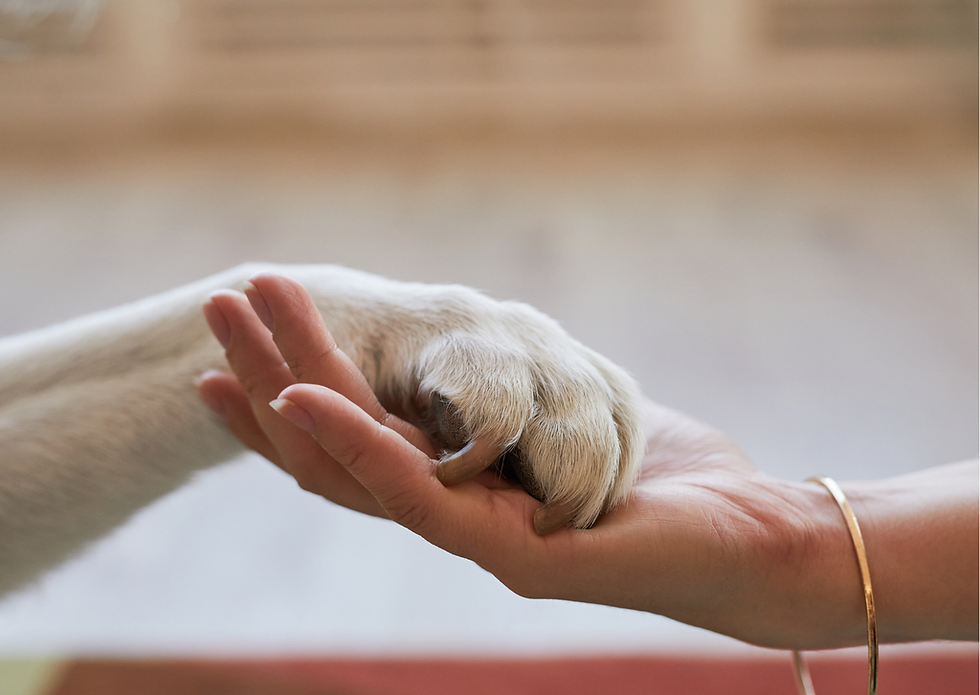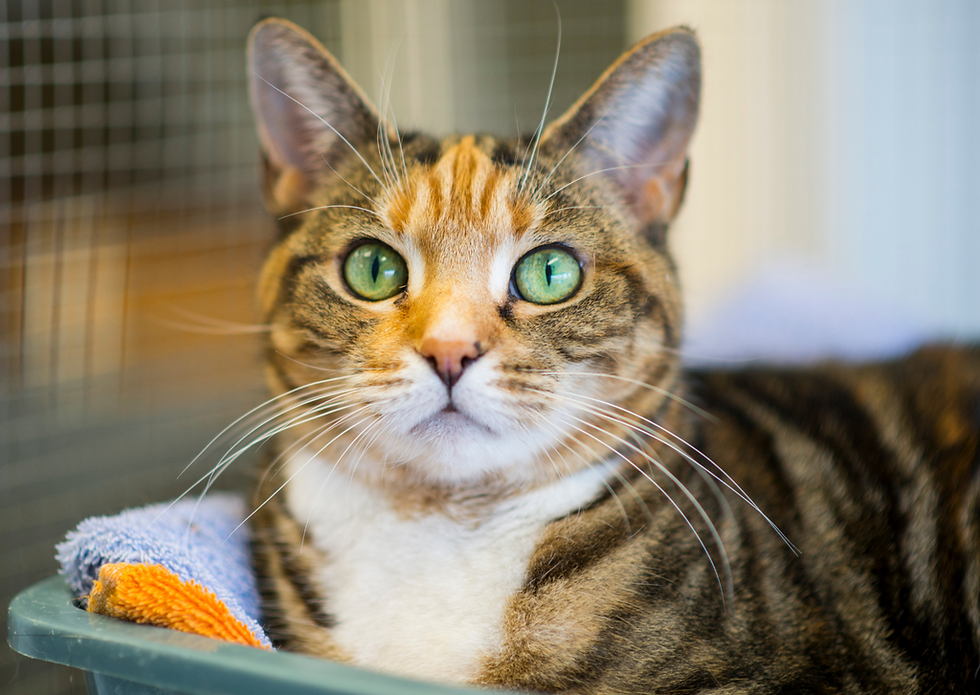Humane Education: A Pathway to Animal Well-being, Child Development and Child Protection
- Ezrah

- Aug 6, 2025
- 4 min read
By Ezrah

“Kindness is the important thing. Kids and animals are our responsibility.” - Minnie Pearl
Sometimes, a simple, yet powerful solution can unlock change on many fronts, that’s the potential of humane education.
The Numbers Tell the Story
South Africa is in the midst of a devastating animal overpopulation crisis. With over 4 million homeless dogs and cats across the country, the pressure on animal shelters and communities is staggering and mounting.
Recent studies reveal that 22% of South Africa’s estimated 18.6 million companion animals are homeless. Of these, only about 650,000 are in shelters; the remaining 3.4 million roam the streets without food, safety, or basic vet care. In townships like Langa, surveys found that nearly 90% of animals are unsterilised, perpetuating unchecked breeding.
During 2024, the Cape of Good Hope SPCA alone took more than 23,000 animals into their care. They see an average of 65 victims of indiscriminate backyard breeding and irresponsible ownership every single day.
With one unsterilised dog or cat capable of producing thousands of descendants within just a few years, this issue cannot be solved through rescue and sterilisation efforts alone. This crisis is however not just about animals, it reflects broader societal challenges like poverty, neglect, violence, and lack of education.
The link between animal abuse and child abuse is well-established and deeply concerning. Research and frontline experience across the world, including in South Africa, reveal a strong connection between animal abuse and human abuse, particularly child neglect and domestic violence.
“Where there is animal abuse, there is often family violence.” – NSPCA South Africa
Recognising this link is critical for early intervention, violence prevention, and child protection. One of the most powerful long-term solutions is humane education.

What Is Humane Education?
Humane education teaches kindness, empathy, responsibility, and compassion for animals, people, and the environment. It helps children, and communities, understand the value of ethical treatment of animals and the role each individual plays in breaking cycles of neglect and abuse.
Why Humane Education Is the Game Changer
By teaching kindness, empathy, and ethical responsibility, humane education goes beyond animal welfare, it nurtures the emotional and moral development of children and plays a vital role in both child development and child protection.
In South African programs like the Cape of Good Hope SPCA's Ani-Pals, children are taught not only how to treat animals humanely but also how to build healthy, respectful relationships with all living beings.
In communities where humane education has been implemented, like in the Greyton Farm Sanctuary’s school outreach (Western Cape), learners not only learned about the lives of farm animals, they also carried those values into their homes, shifting community attitudes toward kindness and care.
a) Link to Child Development
Humane education furthermore supports healthy child development in several key ways:
· Emotional Growth: Fosters self-awareness and emotional regulation
· Moral Development: Builds a strong sense of right and wrong
· Cognitive Skills: Encourages problem-solving and critical thinking
· Social Development: Promotes empathy, cooperation, and leadership
b) Link to Literacy and Numeracy
Although humane education is traditionally associated with compassion, animal welfare, and environmental responsibility, it is also a powerful tool in supporting literacy and numeracy, especially in the early years of schooling. By integrating humane themes into reading, writing, and math lessons, educators and caregivers can build both academic and emotional intelligence.
c) Link to Child Protection
Humane education furthermore plays a preventive role in child protection by helping children understand that violence, toward people or animals, is never acceptable. It teaches them to recognise abuse, speak up, and care for others. It creates safe spaces where children feel valued and heard, especially those who may be experiencing neglect or trauma. Programs that promote empathy also support early intervention in households or communities where violence might otherwise go unnoticed.
By teaching children to value life, show kindness to animals, and speak out against harm, we empower them to:
· Break cycles of abuse
· Develop empathy and emotional intelligence
· Recognise and report cruelty in all its forms, toward animals, themselves, or others.

Ezrah’s Humane Education Project
At Ezrah, we envision a society where animal welfare organisations and child-focused organisations take hands through a shared developmental approach to reduce violence, crime, bullying, animal cruelty and neglect as well as child abuse and neglect.
We dream of communities where empathy and kindness becomes the culture so that the most vulnerable in the community can feel safe and cared for.
We therefore believe that humane education is more than a teaching approach. We see it as a lifesaving, life-shaping tool. By integrating it into classrooms and communities, we can raise a generation of children who are not only kind to others, but also confident, ethical, and equipped to become the next generation as leaders of change. By investing in humane education today we are building a safer and more responsible society tomorrow, for children, for animals and for us all.
In recognising the multiple benefits and solutions that humane education can bring to South African communities, Ezrah is looking forward to roll out our innovative humane education project: A combination of training and games to strengthen the existing community projects of both animal welfare organisations and child development practitioners.
We are not just launching a project, we are giving momentum to a bold idea. An idea that dares to challenge the status quo, reimagine what’s possible, and create meaningful change and connection where it's needed most. Our games have been designed to maximise learning by including key skills such as kindness, empathy, compassion, animal care, memory skills as well as literacy and numeracy. Our training will connect different community upliftment stakeholders, who are passionate to make a difference in both animals and children’s lives.

Join us today, not just to witness change, but to drive it. Because when we think differently, we connect differently. And when we connect differently, we change the future.
For more information on Ezrah’s humane education project, please email Mariëtte Jacobs at info@ezrah.co.za.




Comments